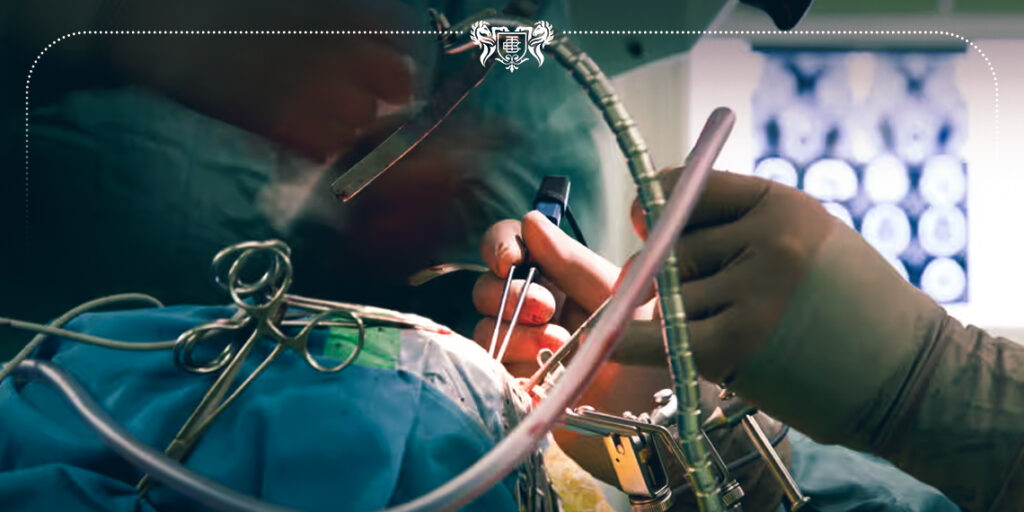A cutting-edge graphene brain chip, aimed at revolutionizing brain tumor surgeries, is currently undergoing its initial clinical trial at Salford Royal hospital. This breakthrough device, just the size of a postage stamp, could significantly improve the precision of surgical interventions for brain tumors by accurately distinguishing cancer cells from healthy cells via their electrical emissions.
Developed by an international team of scientists, including Manchester University’s Nobel laureates Andre Geim and Konstantin Novoselov, the brain chip utilizes graphene’s exceptional conductive properties. Graphene, invented 20 years ago, is known for being tougher than steel and atomically thin, making it ideal for medical applications such as this.
The brain-computer interface (BCI) chip enables monitoring of brain cell electrical impulses across a broad spectrum of frequencies, some of which were previously undetectable. This could enhance the surgical accuracy crucial for treating brain tumors, where even slight errors can have significant consequences. Over 12,700 UK residents are diagnosed with brain tumors annually, with the condition causing over 5,000 deaths each year. This device could be a game-changer in reducing these numbers.
Moreover, the BCI device could also advance the understanding of neurological conditions like stroke and epilepsy by providing new insights into how electrical signals are transmitted in healthy versus pathological cells. According to Carolina Aguilar, co-founder of Inbrain Neuroelectronics, this marks a significant clinical milestone that could pave the way for new therapeutic interventions and advancements in neural decoding.


